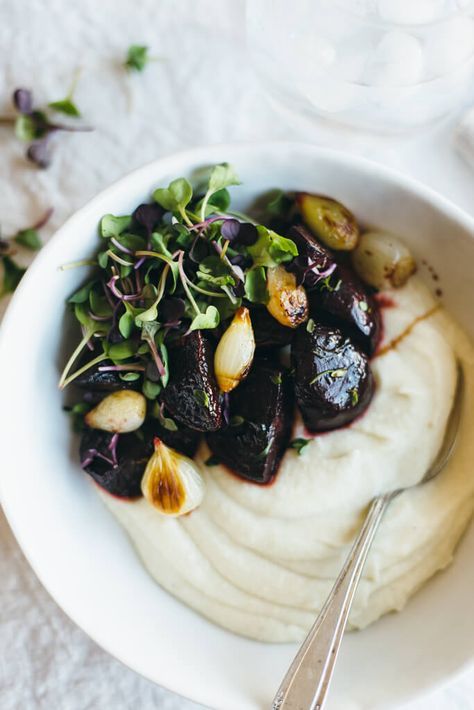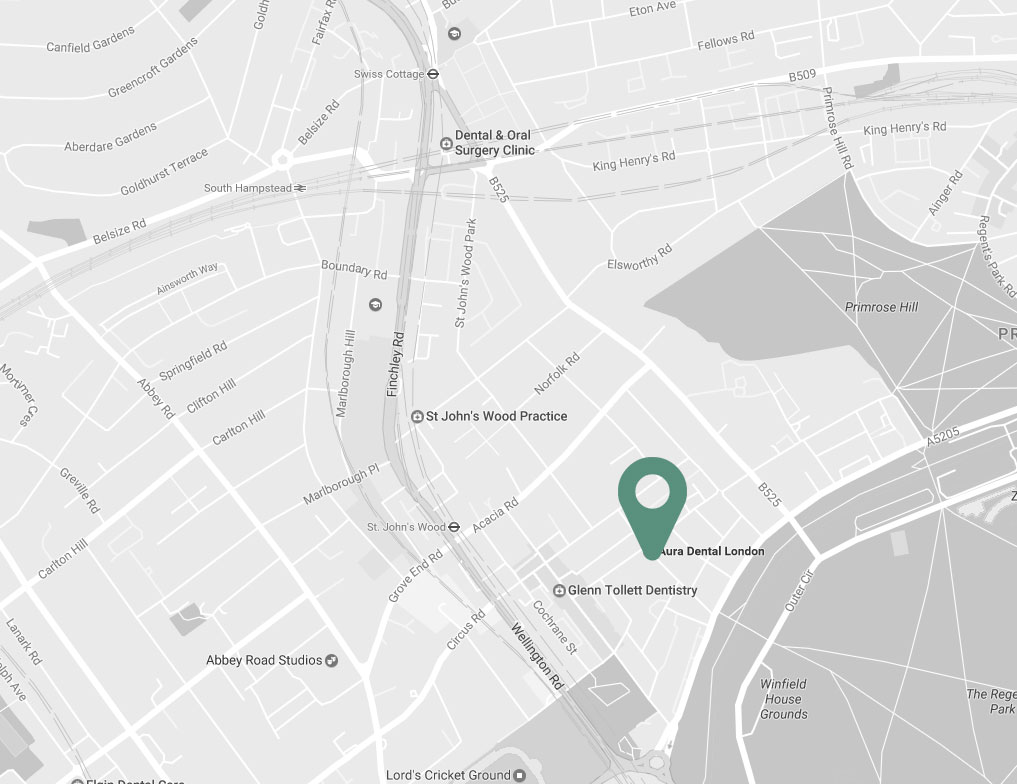
The Mediterranean diet (MD) refers to the diet of south European countries, most commonly Italian, Greek, and Spanish. Unfortunately, nowadays the Mediterraneans do not always follow the healthy version of it, however, its original version (as in the 1940’s) has been shown to be one of the healthiest and most balanced diets to follow, as well as delicious!
Did you know that…
The most original version of the MD was in Crete (a southern Greek island), before the 1960’s, when communication with other regions was not easy, so Cretans had to breed their own animals (mainly goat and sheep) and source their own fruit, vegetables and seeds. Whole grains were not easy to process and hence diets were very low in sugar.
Unfortunately, the impact of modernisation and westernisation (in terms of ‘advances’ in food processing and refining methods) has led to modification of the original Mediterranean diet, over the years. Regardless, by understanding and adopting the key principles of the Mediterranean diet (whilst incorporating a more active and less stressful lifestyle), one can still benefit from adopting this effective dietary regime.
What is the Mediterranean diet?
The Mediterranean diet emphasises the use of fresh, organic, local and seasonal foods, while it also underlines the importance of cooking from scratch and avoiding anything processed. Foods are locally sourced and organic, to reduce exposure of the individual to environmental and agricultural toxins.
A MD refers to a diet with plenty of fresh, brightly-coloured vegetables and fruits, whole grains, legumes, including beans and lentils, grass-fed organic lean meat (chicken, sheep, goat, rabbit etc), pasture-raised omega 3 eggs and organic dairy (in moderation), wild-caught (oily) fish, nuts, seeds and healthy oils, such as olive oil and flax oil, plenty of herbs, spices and red wine in moderation!
The MD avoids processed and refined foods, “ready meals”, as well as sugar and hydrogenated fats. Honey is the main sweetener used. Red meat is used in moderation and leaner cuts are favoured. The main sources of protein are fish and legumes.
Benefits
Specific conditions
The MD is unarguably one of the best diets for disease prevention and optimal health. It has been used with great success in a plethora of conditions, including rheumatoid arthritis, psoriasis, hypercholesterolemia, hypertension, cardiovascular disease, Alzheimer’s, Parkinson’s, depression, bipolar disorder, post-traumatic stress disorder, polycystic ovarian syndrome, osteoporosis, liver disease, diabesity (diabetes and obesity), gallstones, fibromyalgia, chronic fatigue syndrome, anaemia, infertility and cancer (breast, colon and prostate).
Mothers that adopt a MD while pregnant and breastfeeding are less likely to have children with allergies and asthma.
Research has shown that a MD diet outperforms statins for heart health.
For diabetes and cardiovascular health, a low-carbohydrate Mediterranean diet has been linked with the best outcomes. A high-fat MD can protect against serious diseases, including heart health and brain disorders. If using mainly olive oil as a fat source, there is no restriction on fat in the MD.
A common southern Mediterranean practice includes adding acidic dressings, such as lemon juice and vinegar, to iron-rich foods to improve iron absorption (anaemia).
NB. People with autoimmune conditions, such as rheumatoid arthritis, or even migraines, may be sensitive to potatoes, tomatoes, eggplants and peppers, emphasised in the Mediterranean diet and should better avoid them.
Mediterranean superfoods
While many diets have been appeared in the news in the last years, including “diet fads”, the Mediterranean diet remains one of the healthiest and most balanced diets to follow, be it for optimal health, disease prevention or battling against a specific condition.
Mediterranean zucchini salad
This recipe is adapted from The Roasted Root.
Ingredients
Instructions
1. Wash the zucchini and peel if desired.
2. Using a spiraliser, process the zucchini into noodles and add to a large bowl.
3. Add the tomatoes, artichoke hearts and olives to the bowl.
4. In a separate small bowl, whisk together the lemon zest, juice, oil and vinegar.
5. Pour the dressing over the salad and mix. Salt and pepper to taste.
6. Top with crumbled feta cheese and parsley and serve.
You can add chicken for a more fulfilling meal.
References
Babio N, e. (2018). Mediterranean diet and metabolic syndrome: the evidence. – PubMed – NCBI. [online] Ncbi.nlm.nih.gov. Available at: https://www.ncbi.nlm.nih.gov/pubmed/19689829 [Accessed 16 Feb. 2018].
LaMotte, S. (2018). Mediterranean style diet may prevent dementia. [online] CNN. Available at: https://edition.cnn.com/2017/07/17/health/mediterranean-style-diet-prevents-dementia/index.html [Accessed 16 Feb. 2018].
Marilyn Glenville. (2018). Reducing the risk of Cancer with dietary changes. [online] Available at: https://www.marilynglenville.com/reducing-the-risk-of-breast-cancer/ [Accessed 16 Feb. 2018].
Moore K, e. (2018). Diet, nutrition and the ageing brain: current evidence and new directions. – PubMed – NCBI. [online] Ncbi.nlm.nih.gov. Available at: https://www.ncbi.nlm.nih.gov/pubmed/29316987 [Accessed 16 Feb. 2018].
Naturalnewsonline.naturalnewsforwomen.com. (2018). Natural News for Women » Blog Archive » In the News: A Mediterranean diet could prevent asthma in children. [online] Available at: http://naturalnewsonline.naturalnewsforwomen.com/index.php/2007/06/01/in-the-news-a-mediterranean-diet-could-prevent-asthma-in-children/ [Accessed 16 Feb. 2018].
Nhs.uk. (2018). What is a Mediterranean diet? – NHS Choices. [online] Available at: https://www.nhs.uk/Livewell/Goodfood/Pages/what-is-a-Mediterranean-diet.aspx [Accessed 16 Feb. 2018].
Widmer, R., Flammer, A., Lerman, L. and Lerman, A. (2018). The Mediterranean Diet, its Components, and Cardiovascular Disease.
Willett, W., Sacks, F., Trichopoulou, A., Drescher, G., Ferro-Luzzi, A., Helsing, E. and Trichopoulos, D. (2018). Mediterranean diet pyramid: a cultural model for healthy eating.


| Charlbert St, St John’s Wood London NW8 7BT |
|
| +30 6977 2099 88 | |
| info@naturopathy-med.com |